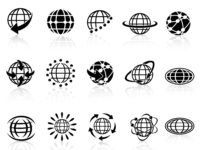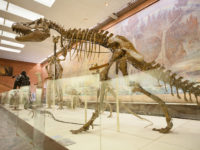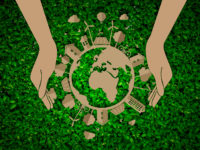Regulatory science has been a key area of public interest in science and its application. With so much at stake in terms of public safety, and commercial success or failure depending on licensing products as safe or unsafe, it’s becoming increasingly necessary for some STEM graduates to specialize in this area, to allow for technological…
Read more
Regulatory Science & Regulatory Affairs: How They Keep Us Safe










